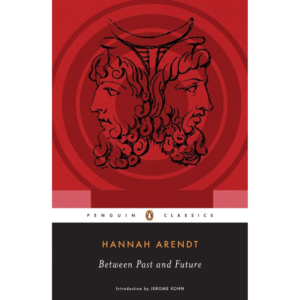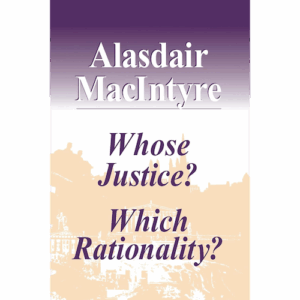
How the Enlightenment blinded us
Alasdair MacIntyre on the dependence of rationality on a lived tradition
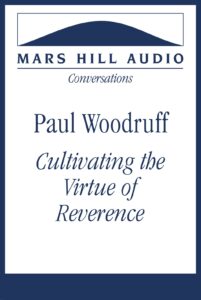
Cultivating the Virtue of Reverence
Paul Woodruff (1943–2023) discusses the importance of reverence as a virtue that enriches relationships, elevates civic life, and helps leaders to wield power wisely. (53 minutes)
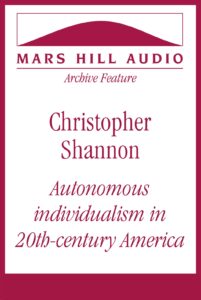
“Detachment as a whole way of life”
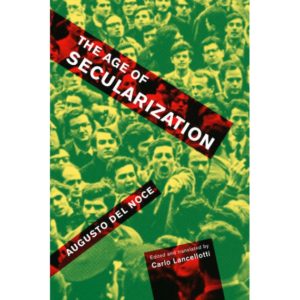
Recovering the primacy of contemplation
Augusto Del Noce finds in St. Augustine resources to diagnose the fatal flaw in progressivism

Welcoming one another
Christine Pohl describes the practice of hospitality in Church history and the particular challenges to hospitality we face in our era. (30 minutes)

The Liberal Arts tradition, II — context and extension
Kevin Clark explains how the book he co-authored defines a framework in which the Trivium and the Quadrivium are the core of a curriculum that includes piety, gymnastics, music, philosophy, and theology. (20 minutes)
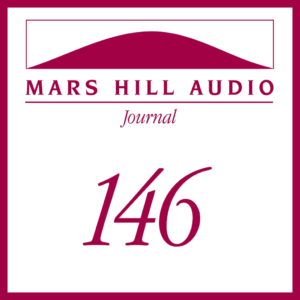
Mars Hill Audio Journal, Volume 146
FEATURED GUESTS:
Mark Mitchell, Hans Boersma, Henry T. Edmondson, III, Brian Clayton, Douglas Kries, Conor Sweeney, and Carole Vanderhoof
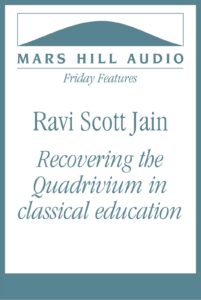
The Liberal Arts tradition, I — science and harmony
Ravi Scott Jain discusses the place of the Quadrivium — the four mathematical arts — within the larger framework of the classical approach to education. (21 minutes)
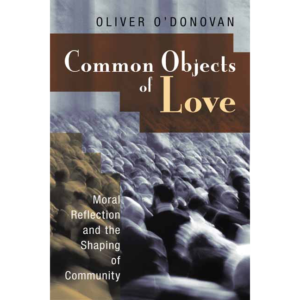
How communities remember who they are
Oliver O’Donovan on the necessity of tradition in sustaining communal identity
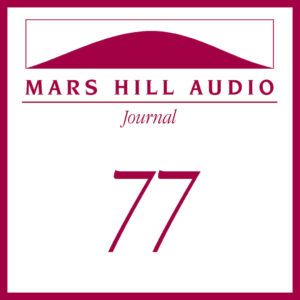
Mars Hill Audio Journal, Volume 77
FEATURED GUESTS: Eric Miller, Lisa de Boer, Peter J. Schakel, and Alan Jacobs
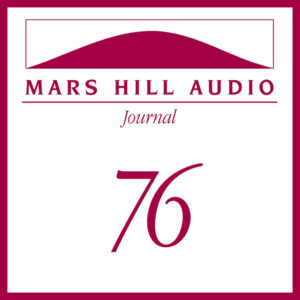
Mars Hill Audio Journal, Volume 76
FEATURED GUESTS: D. H. Williams, Catherine Edwards Sanders, Ted Prescott, Martin X. Moleski, Stephen Prickett, and Barrett Fisher
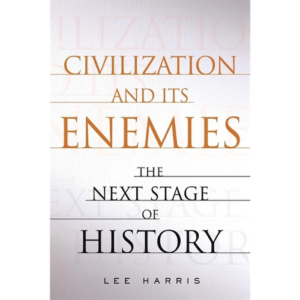
The Necessity of Tradition
“If a society wishes to find a way of ensuring that newly emergent and valuable techniques are passed on and preserved, its members must feel themselves under an ethical obligation to leave the best possible world not only for their children, but also for their grandchildren.”
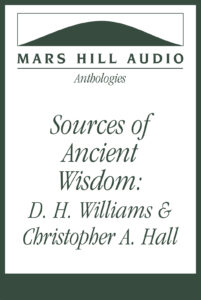
Sources of Ancient Wisdom
Excerpts from two books about pre-modern Christian understanding: Reading Scripture with the Church Fathers, by Christopher A. Hall, and Retrieving the Tradition and Renewing Evangelicalism: A Primer for Suspicious Protestants, by D. H. Williams. (95 minutes)
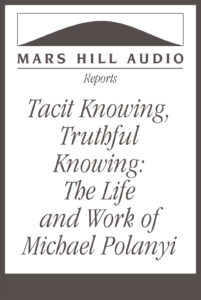
Tacit Knowing, Truthful Knowing
This 2-1/2-hour audio documentary surveys Michael Polanyi's criticisms of both objectivism and subjectivism, and his attempts to develop a more truthful understanding of how we know the world. (143 minutes)
